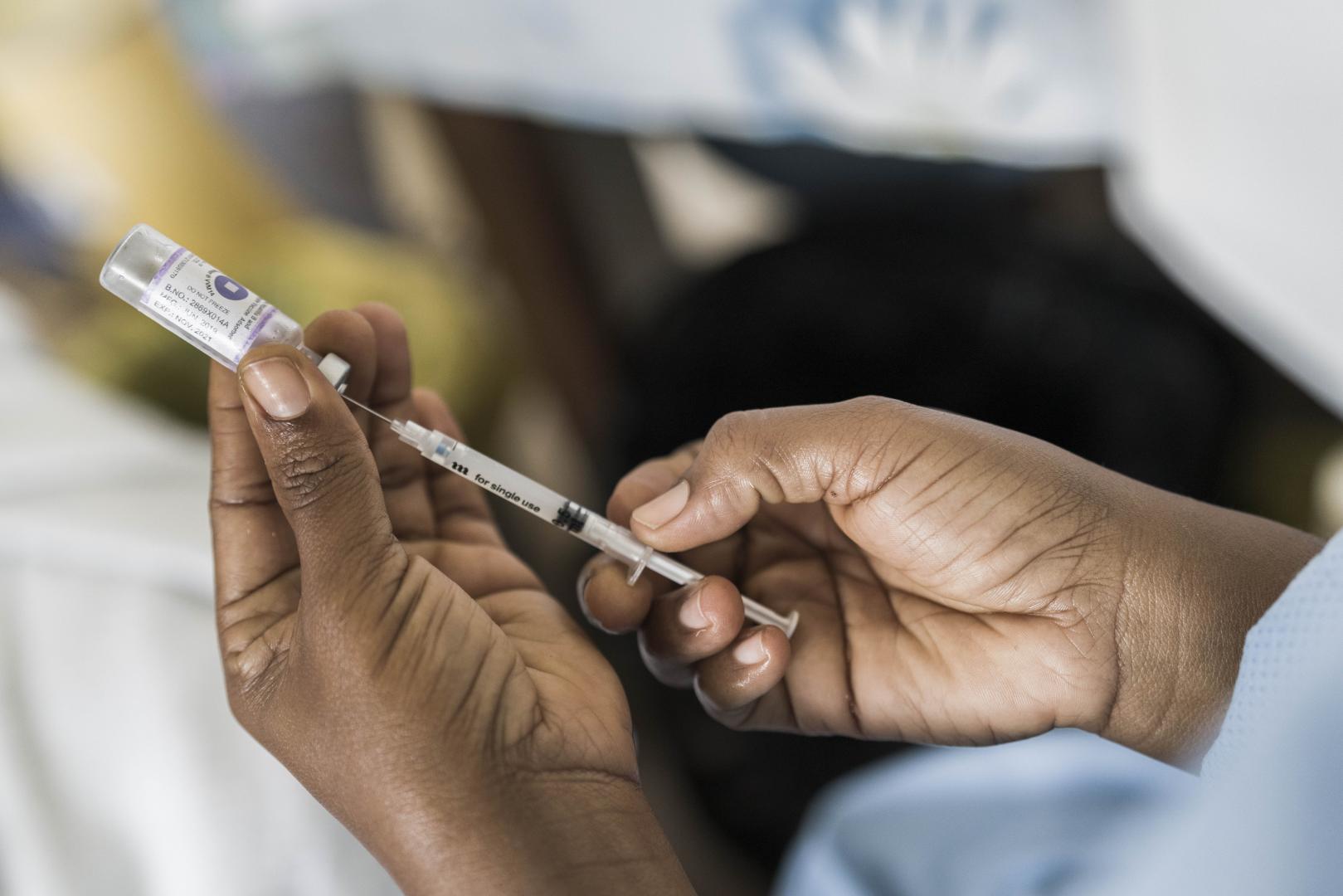The study found that both vaccination and prior infection provided strong protection from severe COVID-19 during the Omicron wave.
Pfizer or Moderna mRNA-vaccine booster shots provided good but transient protection against infection by the SARS-CoV-2 Omicron variant, a new study by Weill Cornell Medicine—Qatar has found.
The study by the New England Journal of Medicine, published on June 15, analysed the Gulf nation’s winter omicron wave by comparing prior infections, vaccination immunity, and combinations thereof among more than 100,000 omicron-infected and non-infected people.
The results found that full mRNA vaccination with a booster dosage, atop natural immunity due to infection of an earlier variant, provided the best protection from Omicron infection.
On the other hand, vaccination immunity against new infections appeared to decrease rapidly, whereas those with a prior-variant infection were somewhat protected from Omicron with no decline in protection— even a year after their prior infection.
However, the comprehensive study also revealed that both vaccination and prior infection provided strong and durable protection from severe, critical, or fatal COVID-19 during the Omicron wave.
“We found that the rates of severe COVID-19 during Qatar’s Omicron wave were very low even among those who had only two doses of vaccine or only a prior infection,” said study first author Dr. Heba Altarawneh, a postdoctoral research associate who conducted the study.
She worked alongside senior author, Dr. Laith Abu-Raddad, a professor of population health sciences at the Qatar-based university and at Weill Cornell Medicine in New York.
The records for the new study were collected during the country’s most prominent Omicron wave between 23 December 2021 and 21 February 2022.
Large-scale and extraordinarily quick epidemiological research is made possible by Qatar’s highly centralised and thorough electronic health records database, which contains all RT-PCR tests for SARS-CoV-2 carried out in the nation.
In addition, various well-known and prominent articles on infection and sickness rates for earlier SARS-CoV-2 variations and waves have previously been published by Dr. Abu-Raddad and colleagues.
The investigation identified infections with the two distinct sub-lineages of the Omicron variation, BA.1 and BA.2, but discovered very similar outcomes for both, as well as comparable outcomes for the vaccines produced by Pfizer and Moderna.







